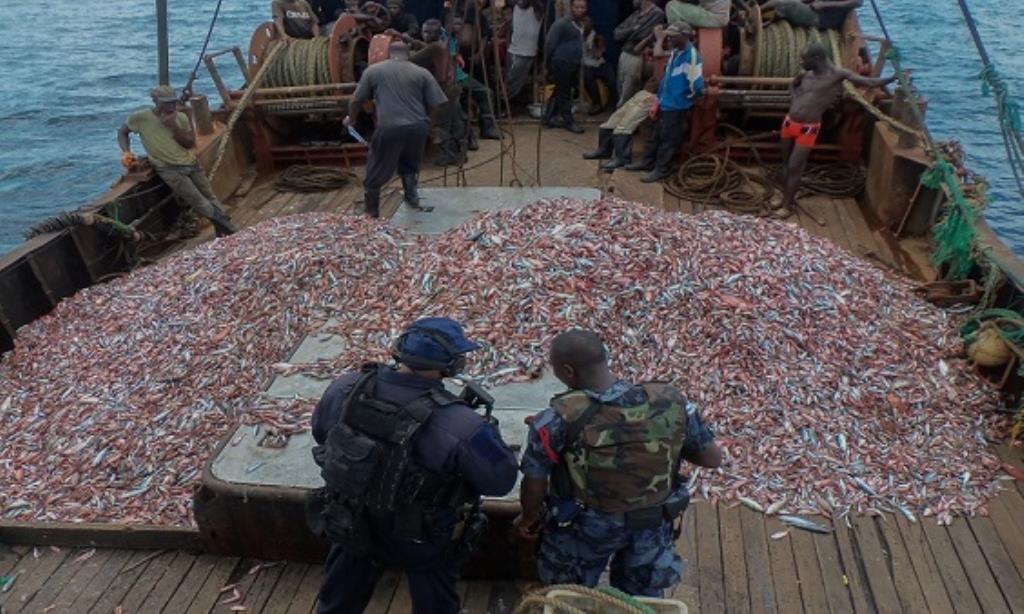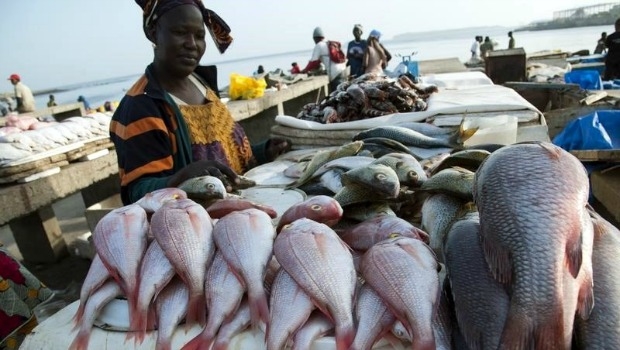Ghana’s fishing crises has been in existence over a decade gradually collapsing small fishing. The cause of this has been the illegal, unregulated and unreported fishing (IUU). Bad fishing practices is catching up with the country with the widening local production to import gap. Illegal fishing is known to be costing Ghana about US$50 million annually. This could lead to the imminent collapse of the small fishing sector.
Ghana imported an estimated 370,000 Metric Tonnes (MT) in 2018 as against 320,000 MT in 2007. Import of fish in 2018 hit US$311.4 Million from US$200 Million in 2007. It is expected to go up. The growing population and the health benefits touted with fish intake is making it a more preferable source of protein.
LOCAL PRODUCTION
While local production is declining imports keep growing. The fishing sector relies more on the pelagic fish (people’s fish) which are usually the small fish namely anchovies, mackerel, and sardines. They are caled ‘the people’s fish’ because of their importance to local economies, nutrition and food security. The decline of natural sources is making the aquaculture sector critical. Policy focus towards aquaculture would help the local production.
However, there is also the managing of the season. It makes a good case for the closed August season enforced by the authorities. The closed season would allow the fishes to breed well before another season opens. As a matter of concern fishermen catch the fishes in groups in time when they are breeding. The catch usually involves a good number of pregnant fishes with each fish able to lay 250,000 eggs. This practice continues to affect the landings of fish.
FISH LANDING TRENDS
Total landings of the people’s fish in Ghana have decreased by 86% from 138,955 metric tons (MT) in 1996 to 19,608 MT in 2016. The fisheries Science and Technical Working Group (STWG) that include fishers, predicts that the fishery could completely collapse by 2020. However, with immediate actions the situation could be remedied. Fishing employs almost 2.7 million along the value chain. With a marine coastline of 550 kilometres stretching from Aflao in the East to Half Assini in the West, the fishing industry plays a major role in sustainable livelihoods and poverty reduction in several households and communities. A portion of the sector collapsing would negatively impact the players and those employed.

Source: MOFAD
Having identified the problem, the will to forestall the trend is what matters. The fisher folk should cooperate with the August season closure. Policy initiatives should focus on aquaculture Financing for the fishing venture is also on the low side and should be given attention.








